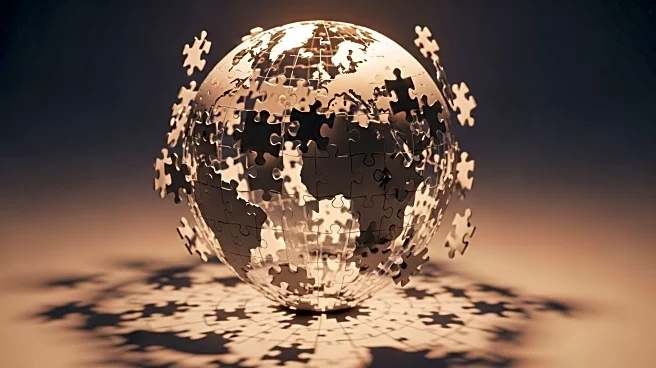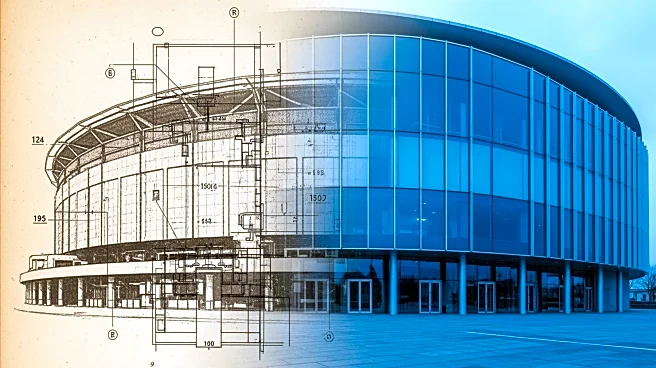What is the story about?
What's Happening?
The global order, which has remained relatively stable for nearly 80 years following World War II, is undergoing significant changes. Margaret MacMillan, a professor emeritus of international history at Oxford University, discusses the weakening of international norms and institutions, the emergence of new spheres of influence, and the development of rivalries. These shifts are leading to a more volatile future, as traditional alliances and power structures are challenged. The conversation highlights the potential for increased conflict and instability as countries navigate this evolving landscape.
Why It's Important?
The changing world order has profound implications for global politics and economics. As international norms weaken, countries may adopt more aggressive foreign policies, leading to increased geopolitical tensions. The emergence of new spheres of influence could alter trade relationships and impact global markets. This volatility may affect U.S. foreign policy, requiring strategic adjustments to maintain national security and economic interests. Understanding these shifts is crucial for policymakers, businesses, and citizens as they prepare for potential disruptions in international relations.
















